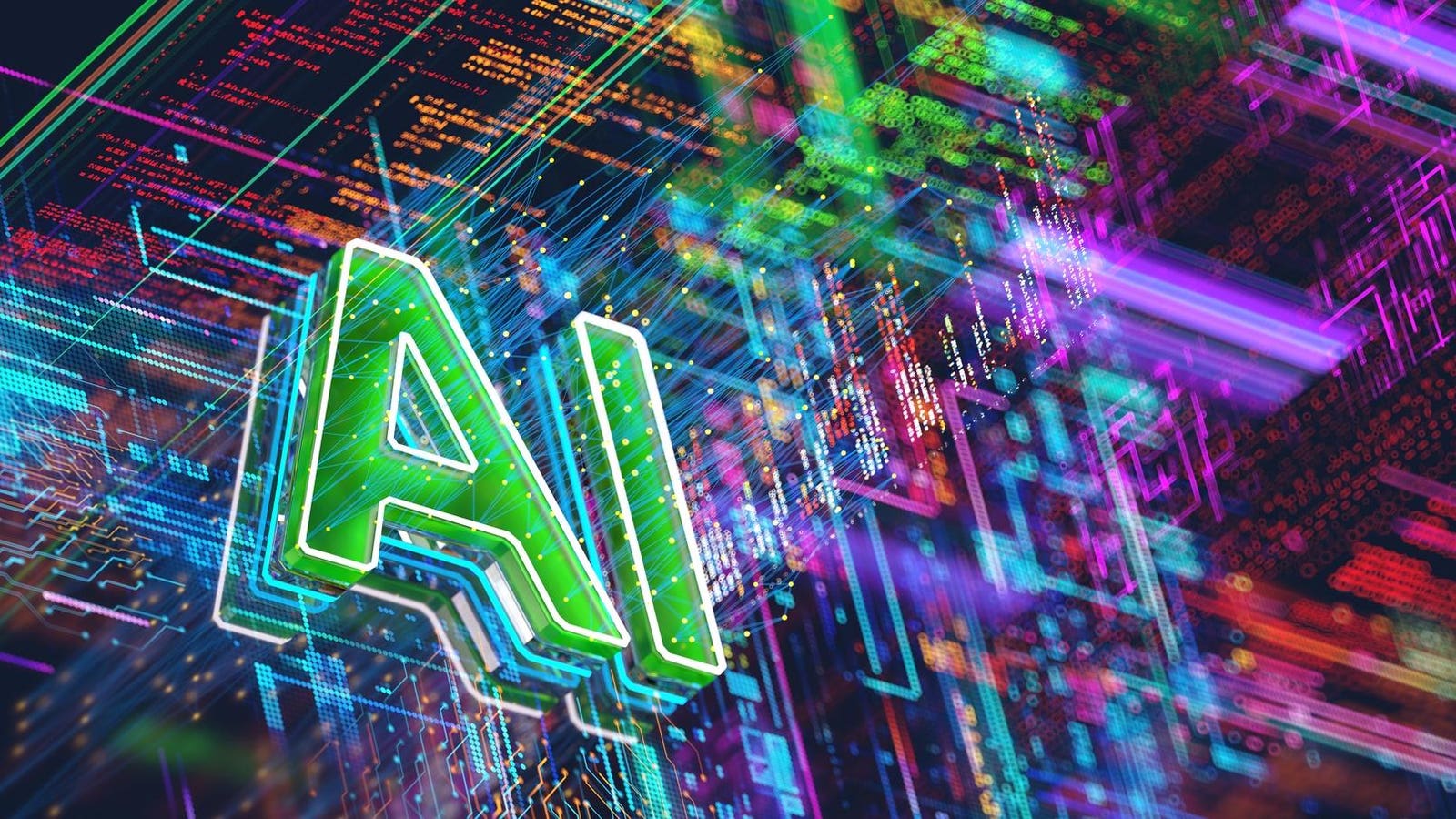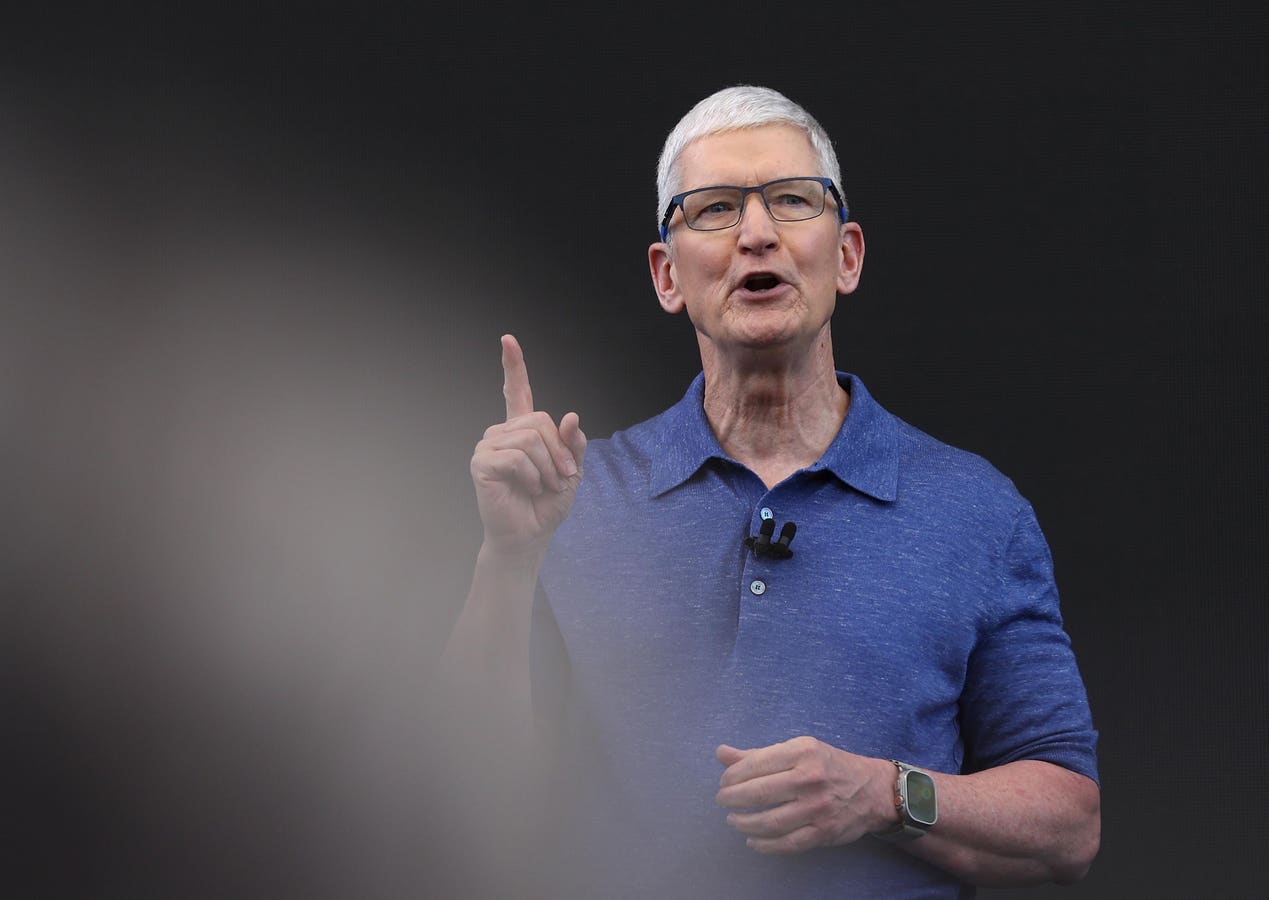Alternative Juneteenth Flag with sunrise or sunset. Since 1865. Banner with place for text.
On June 19, 1865, enslaved people in Galveston, Texas, finally learned what the rest of America had known for over two years: they were free. The Emancipation Proclamation had been signed, but information — and liberation — traveled slowly. It took until 2021 for Juneteenth to be recognized as a federal holiday in the US. Today, on this Juneteenth 2025, we face another moment when freedom hangs in the balance, not from the brutality of physical bondage, but from the subtle architecture of algorithmic control.
The parallels are more than metaphorical. Just as plantation owners once claimed to know what was best for enslaved people — controlling their movement, their associations, their very thoughts — artificial intelligence systems now make similar claims about human behavior. They predict our preferences, curate our reality, and increasingly, determine our opportunities. Four short years after the recognition of a holiday commemorating freedom, it feels like people of all colors, cultures, castes and creeds are less free.
The New Plantation Logic
The most insidious aspect of today’s digital control isn’t its violence — it’s its seductive efficiency. Consider China’s social credit system, which monitors and scores citizens based on their behavior, or how certain Western companies use AI to amplify surveillance and censorship. AI can serve as an amplifier of digital repression, making censorship, surveillance and the creation and spread of disinformation easier, faster, cheaper and more effective.
But the threat runs deeper than government surveillance. Slavery.AI to describes how people become unpaid data production units in a “data industrial complex.” Where people are the computational subjects of those algorithmic machinations, however, there is no law, present or effective, to protect them against great and propagating harms; each of us is part of a decentralized machine, feeding the production with unpaid inputs.
This isn’t hyperbole. Every click, every scroll, every pause in your reading creates value for tech companies while simultaneously training systems that will predict and influence your future choices. The plantation extracted labor from bodies; the algorithm extracts patterns from behavior. Both systems promised care and protection while delivering control and exploitation.
The Democratic Paradox Of Juneteenth 2025
Democracy thrives on chaos — messy town halls, heated debates, the slow grind of compromise. It assumes ordinary people, despite their flaws, can collectively govern themselves better than any monarch or expert class ever could. This faith in human judgment now confronts a peculiar enemy: machines that predict our political preferences before we form them.
Democracy organizations worldwide document how authoritarian regimes and opportunistic politicians weaponize AI to consolidate power. In Myanmar, deepfaked videos of opposition leaders spread faster than fact-checkers could debunk them. In Brazil, micro-targeted ads exploited specific psychological triggers to suppress voter turnout in opposition strongholds. Even established democracies watch algorithmic amplification transform reasonable policy disagreements into existential tribal warfare, where compromise becomes betrayal and nuance dies in the noise.
The Preemptive Strike On Choice
But the most sophisticated manipulation happens before we even realize we’re making a decision. Corporations have weaponized what behavioral economists call “choice architecture” — the deliberate design of options to nudge specific outcomes. Netflix doesn’t just recommend shows; it A/B tests thumbnails to trigger subconscious reactions, changing a drama’s image to a romantic scene if the algorithm detects you’re more likely to click on love stories. Amazon doesn’t just suggest products; it dynamically adjusts prices based on your browsing history, purchase patterns, and even the battery level of your phone. These companies have moved beyond responding to consumer demand — they’re actively manufacturing it, shaping desire itself through carefully orchestrated digital environments that feel natural but are anything but random.
This represents a fundamental shift in the nature of free will. Traditional advertising tried to convince you to want something you’d already considered. Modern AI-driven influence creates the wanting itself, often for things that never would have occurred to you. It’s the difference between a salesperson answering your questions and a puppet master pulling strings you can’t see.
The business implications are staggering. Companies that understand this inflection point will either become architects of human flourishing or unwitting accomplices to digital dystopia. The organizations that thrive will be those that recognize AI not just as a tool for optimization, but as a technology that shapes the very fabric of human freedom.
The Paradox Of Progress
Here’s where the story becomes complex: AI isn’t inherently evil. It can be used for social good. Prosocial AI refers to AI systems that are deliberately tailored, trained, tested and targeted to bring out the best in and for people and planet. Taking this back to the context of freedom versus slavery, some organizations are already using algorithms to combat modern slavery, tracking forced labor in supply chains and supporting survivors with ethical AI applications. AI can help tackle the pressing societal issue of slavery, for a more resilient and sustainable global supply chain, and ethical AI to support modern slavery survivors and improve policy outcomes. The trick is that it requires humans to fulfill that potential.
The technology that threatens to enslave us also holds the key to deeper liberation. The same pattern recognition that enables surveillance can expose human trafficking networks. The same data processing that enables manipulation can reveal systemic inequities. The question isn’t whether to embrace or reject AI, but how to ensure it serves human flourishing rather than human subjugation.
Breaking The New Chains On Juneteenth 2025?
The path forward requires more than technical solutions — it demands a fundamental reimagining of how we relate to technology and each other. Research on AI bias shows that discriminatory algorithmic decision-making isn’t just a technical problem but a reflection of deeper societal inequities. Dealing with discriminatory bias in artificial intelligence requires new approaches to natural intelligence.
This Juneteenth reminds us that freedom isn’t a destination — it’s a practice. The enslaved people of Galveston didn’t just receive news of their liberation; they had to claim it, fight for it, and continuously defend it against those who would roll back their gains. Similarly, our digital freedom won’t be handed to us by benevolent tech companies or well-meaning regulators. It must be claimed, fought for, and continuously defended.
The most powerful corporations in history now shape human consciousness at scale. They decide what information we see, whom we connect with, and increasingly, what opportunities we receive. This concentration of power would have been unimaginable to the founders of democracy — and it’s antithetical to the vision of self-determination that Juneteenth represents.
The Juneteenth Imperative
As we mark this day of delayed liberation, we must ask: what news of freedom are we failing to deliver today? What systems of control have we normalized in the name of convenience or efficiency?
The answer lies not in smashing the machines, but in fundamentally restructuring the relationships of power they enable. This means designing AI systems that enhance rather than erode human agency, creating economic models that distribute rather than concentrate value and building democratic institutions capable of governing technologies that move at the speed of light.
FREE In The Digital Age
What would it mean to truly liberate human potential in an AI-infused era? The following four components, addressed at the micro, meso, macro and meta arena can help us to rethink our place in the hybrid social fabric that underpins both – freedom and slavery.
F – Foster Authentic Aspiration
Individual: Regularly audit your digital diet — what algorithms are shaping your dreams?
Interpersonal: Create spaces for unfiltered conversation about hopes and fears
Community: Support local media and institutions that reflect community values, not engagement metrics
Global: Advocate for international standards that protect cultural diversity from algorithmic homogenization
R – Reclaim Emotional Sovereignty
Individual: Practice digital mindfulness — notice when technology manipulates your emotions
Interpersonal: Prioritize face-to-face connections that can’t be commoditized
Community: Build local support networks that don’t depend on platform algorithms
Global: Support regulations that limit emotional manipulation in digital spaces
E – Expand Critical Thinking
Individual: Seek diverse information sources and question algorithmic recommendations
Interpersonal: Engage in respectful disagreement without echo chamber reinforcement
Community: Invest in education that teaches algorithmic literacy alongside traditional literacy
Global: Demand transparency in AI systems that shape public discourse
E – Enable Liberated Behavior
Individual: Make choices that surprise the algorithm — act unpredictably
Interpersonal: Create offline traditions and rituals that strengthen human bonds
Community: Support businesses and organizations that prioritize human autonomy over engagement metrics
Global: Build alternative digital infrastructures that serve human flourishing over profit extraction
The Juneteenth proclamation traveled slowly because those in power had little incentive to spread news of liberation. Today, the tools of our potential freedom — open-source AI, decentralized networks, democratic governance models — exist but require our active participation to flourish. The choice is ours: will we be subjects of algorithmic plantations, or architects of our own digital liberation?









